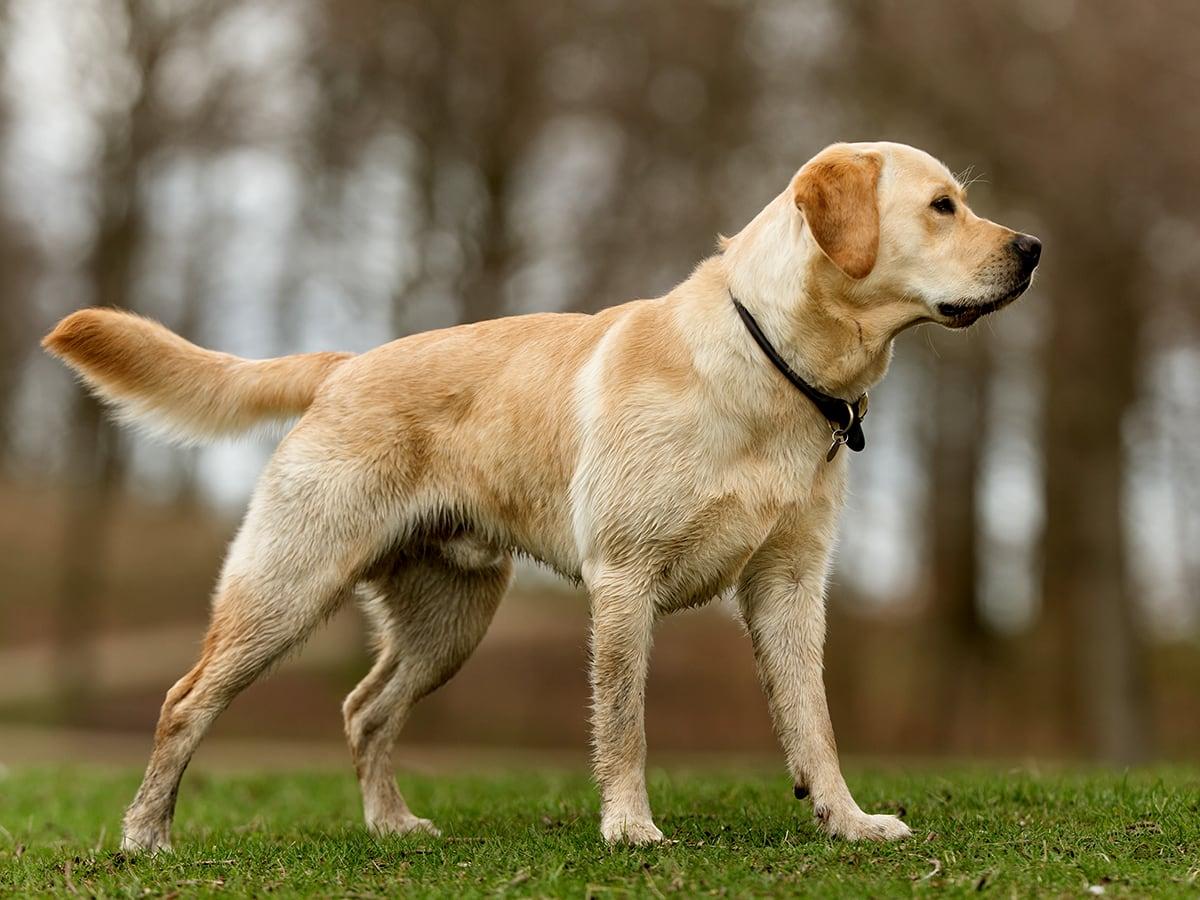Vet appointments and the following medical costs can often times become the majority of our pets' expenses. The reasons for a vet appointment can range from a routine vet visit to surgery for an illness like cancer. For this article, we will focus on the planned vet appointments and their potential costs.
Whether it’s a cat or a dog, our four-legged buddies will likely need a vet multiple times during their lifetime. Starting from the time when they are young, it’s recommended that they receive vaccinations, preventive medications, and become microchipped, and spayed/neutered, etc. Your vet appointment cost can depend on which of these needs you are taking your pet to the vet for. Your location and the breed of your pet may also influence the cost.
Vet Appointment Cost for a Dog
In a routine vet visit you can expect a complete nose-to-tail check-up for your dog that could include checking –
Vitals – Heart rate, breathing rate, body temperature and weight
Infections – Any signs of infection in ears, eyes, nose, mouth and skin.
Parasites – Any types of worms on the skin and coat
The average cost of a routine vet visit is between $45 - $65.1
This cost, however, does not include any diagnostic test. Your vet may feel the need to conduct some tests if any signs of infection or any other medical condition are visible during the examination. The average costs of the same are –
Blood tests - $1502
Heartworm test – $1002
Fecal exam - $602
X-Ray - $100 - $3003
Geriatric Screening - $604
Vet Appointment Cost for a Cat
The routine appointments for cats cost an average of $70 - $150, again depending on your location.5 During the appointment, your cat may require additional services like vaccinations, wellness exams, dental cleaning, etc. The average costs for those are –
Vaccinations - Feline herpesvirus 1 (FHV1), feline calicivirus (FCV), feline panleukopenia virus (FPV), feline leukemia virus (FeLV – kittens and outdoor cats) and rabies are core vaccinations for your cat. You can expect to pay around $30 - $40 per dose.5
Wellness exams – Your vet will give your cat a full physical exam, and may request additional tests; such as bloodwork or fecal exams when necessary. The cost of bloodwork averages at $150, while fecal tests costs about $60.7
Dental Cleaning – You may choose to clean your cat’s teeth at home but occasionally, your cat will need professional dental cleaning as there are some hard-to-reach places. Cats are prone to several dental conditions like gingivitis, periodontal disease, and tooth resorption. On average, preventive dental cleanings can cost $750.6
Spaying / Neutering – A spay surgery removes a female pet’s uterus and ovaries, and a neuter surgery removes a male pet’s testicles. Spaying is usually more expensive than neutering as it is more invasive. The average cost of spaying is $650 - $850 for neutering.6
Dental cleaning and spaying/neutering may also be needed for dogs. The average costs lie in similar ranges for dogs as well.
Treatment costs for Dogs and Cats
If your vet appointment is regarding the treatment of a medical condition or an injury for your dog or a cat, the cost of the same can range depending on the condition and the severity. Average treatment costs for dogs and cats are –
Ear infection - $4742
Bloat (requiring hospitalization) - $4,0122
Gastrointestinal worms - $1812
Hyperthyroidism - $500 - $1500 a year8
Apart from these, your pet may also need an emergency vet visit if there has been an injury or severe symptoms like trauma, seizure, frequent vomiting, toxin ingestion, etc. These signs could be due to an underlying severe medical condition. A vet visit for the initial assessment, stabilization and treatment could cost an average of $1500 - $6000 or more including examinations, medications, surgery, therapy, and hospitalization.2
How Can Pet Insurance Help?
Your vet bills may not stop at the initial visit cost. Treatment for medical conditions for our pets may require on-going medications, follow-up visits, and alternate therapies like oxygen therapy, aqua therapy, etc. Adding them together, your total vet bill may put a severe dent in your long-term savings. With Spot pet insurance plans, you can get up to 90% back of the eligible costs.*
Spot Pet insurance can help provide financial assistance for eligible veterinary care in case of unexpected accidents, illnesses, or injuries. Our plans can help pet parents manage the eligible costs of covered veterinary care and help ensure that their pets can receive the best treatment possible. Here are some ways that Spot pet insurance plans can help:
Cover Unexpected Veterinary Costs:
Spot pet insurance plans help cover the eligible costs of unexpected veterinary treatments, such as emergency surgeries, X-rays, and prescription medications for covered conditions.
4 Tiers of Coverage:
Choose the plan option that will best fit the need of your pet and your budget. Spot offers 1 Tier of Accident-only coverage, and 3 tiers of accident and illness coverage. Wellness riders can be added to an accident and illness plan of your choice for an additional fee.
Peace of Mind:
With Spot pet insurance plans, pet parents can know that they can provide the best care for their pet with less worry about the cost.
Spot also offers preventive care add-ons for an extra cost, which can help cover the eligible costs of spaying and neutering, dental cleaning, vaccinations, and other routine care services.
Check out our Dog insurance plans and Cat insurance plans.
Get a quote today!
*Reimbursement is based on your pet’s age at enrollment and renewal.

With 10 years of experience as a pet parent, I aim to empower pet owners with insights into pet insurance and maintaining their pet's well-being. I aspire to be a trusted source, combining knowledge with a commitment to the welfare of our beloved pets.
“How much does a vet visit cost?” Care Credit, https://www.carecredit.com/vetmed/costs/#average-state-costs, n.d.
“How much does a vet visit cost?” MarketWatchhttps://www.marketwatch.com/guides/pet-insurance/how-much-does-a-vet-visit-cost/, May 13, 2024.












